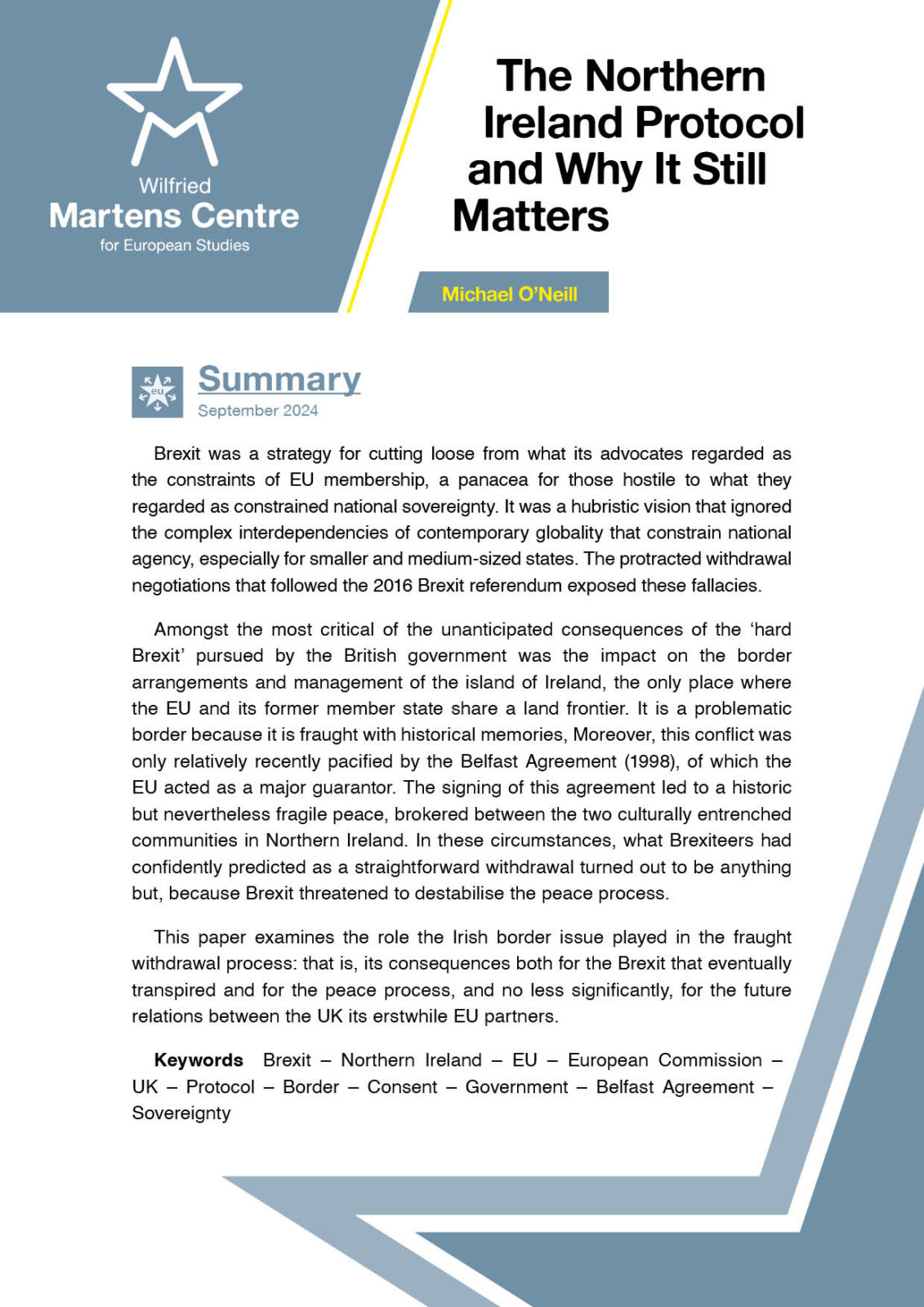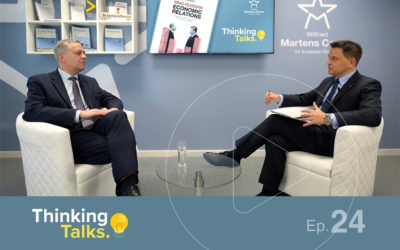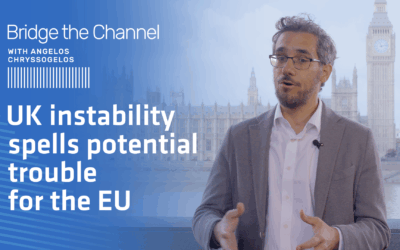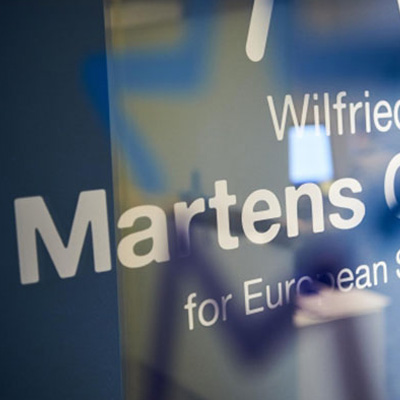Related publications
-
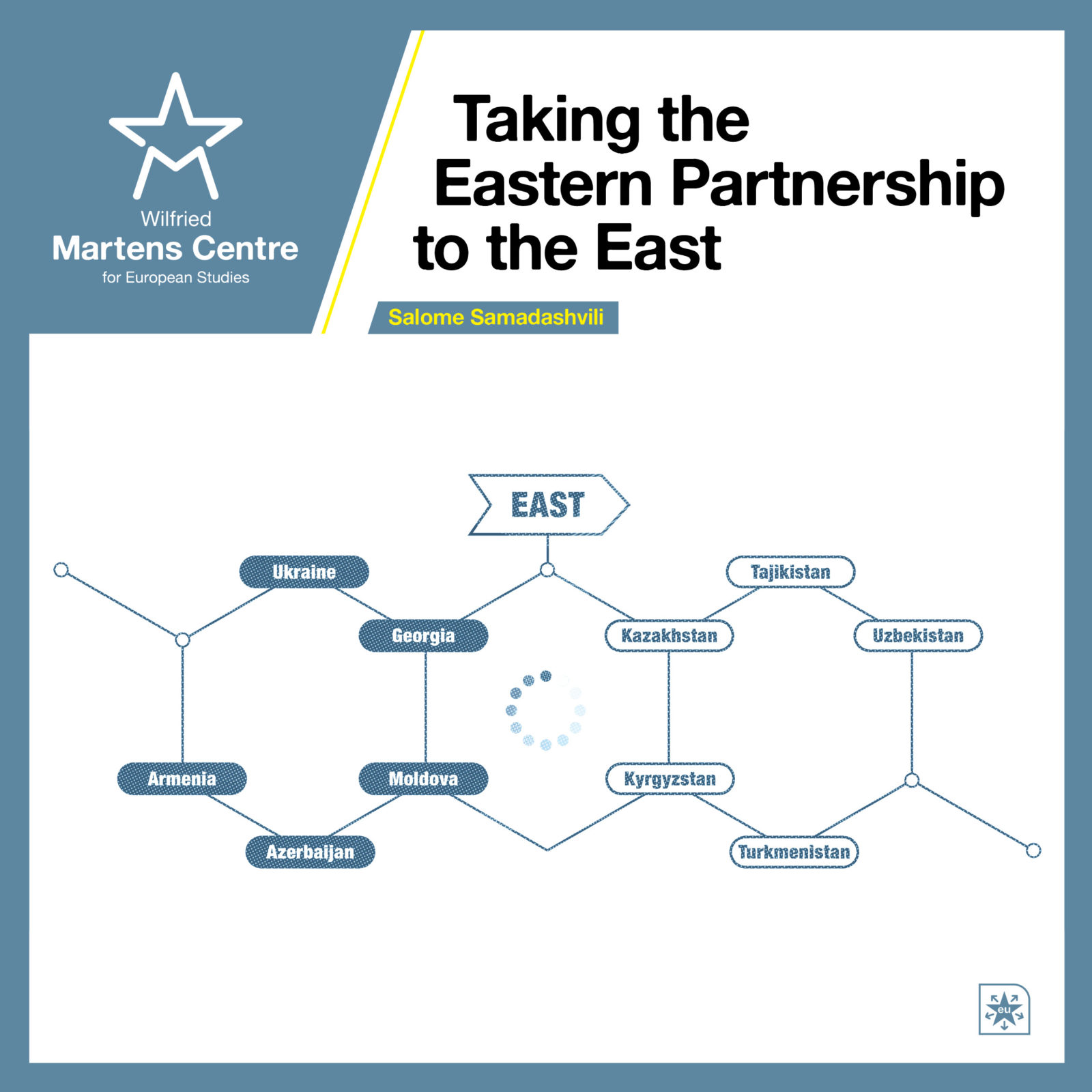
Research Papers
Taking the Eastern Partnership to the East
-
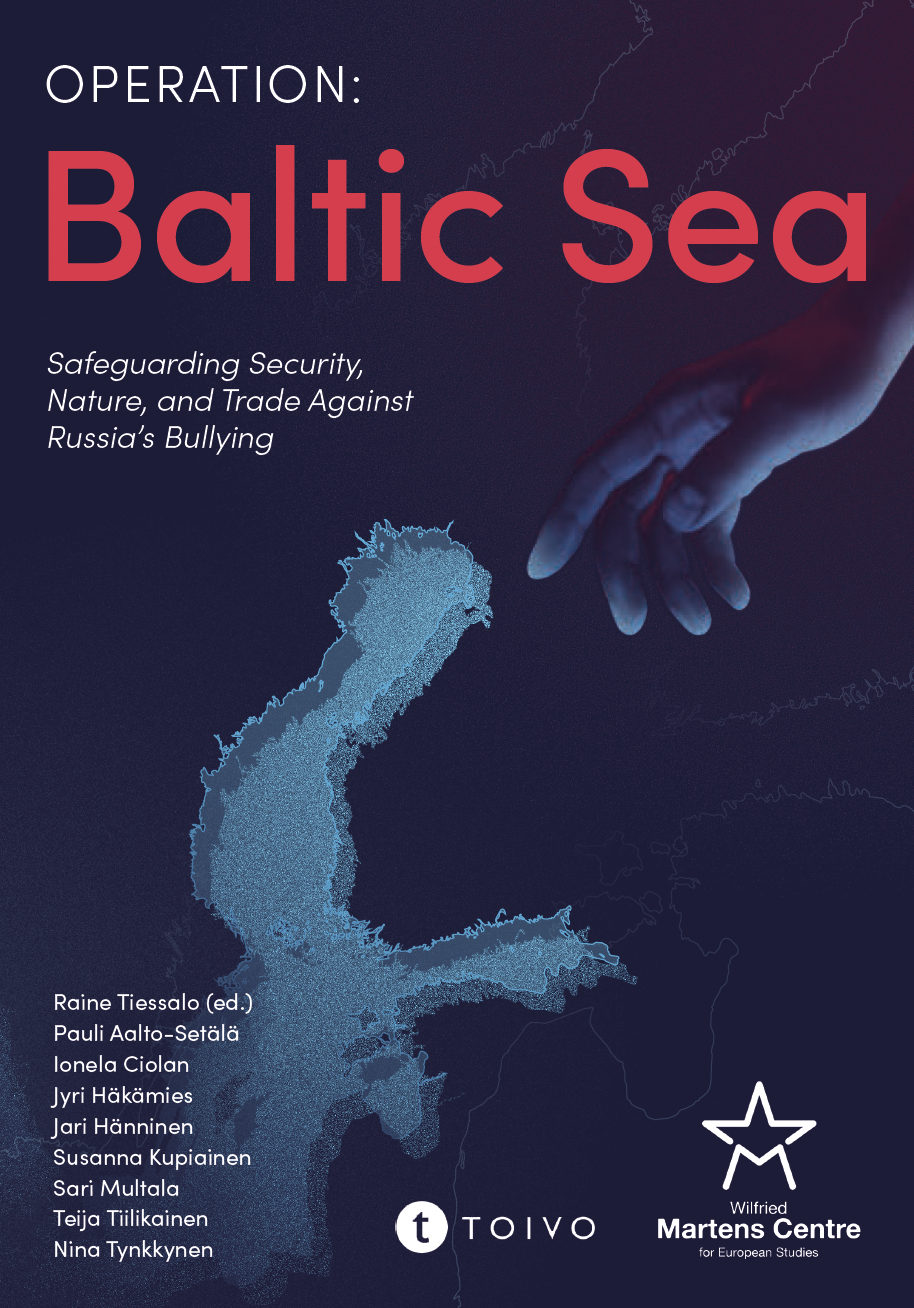
Collaborative
Operation: Baltic Sea – Safeguarding Security, Nature, and Trade Against Russia’s Bullying
-
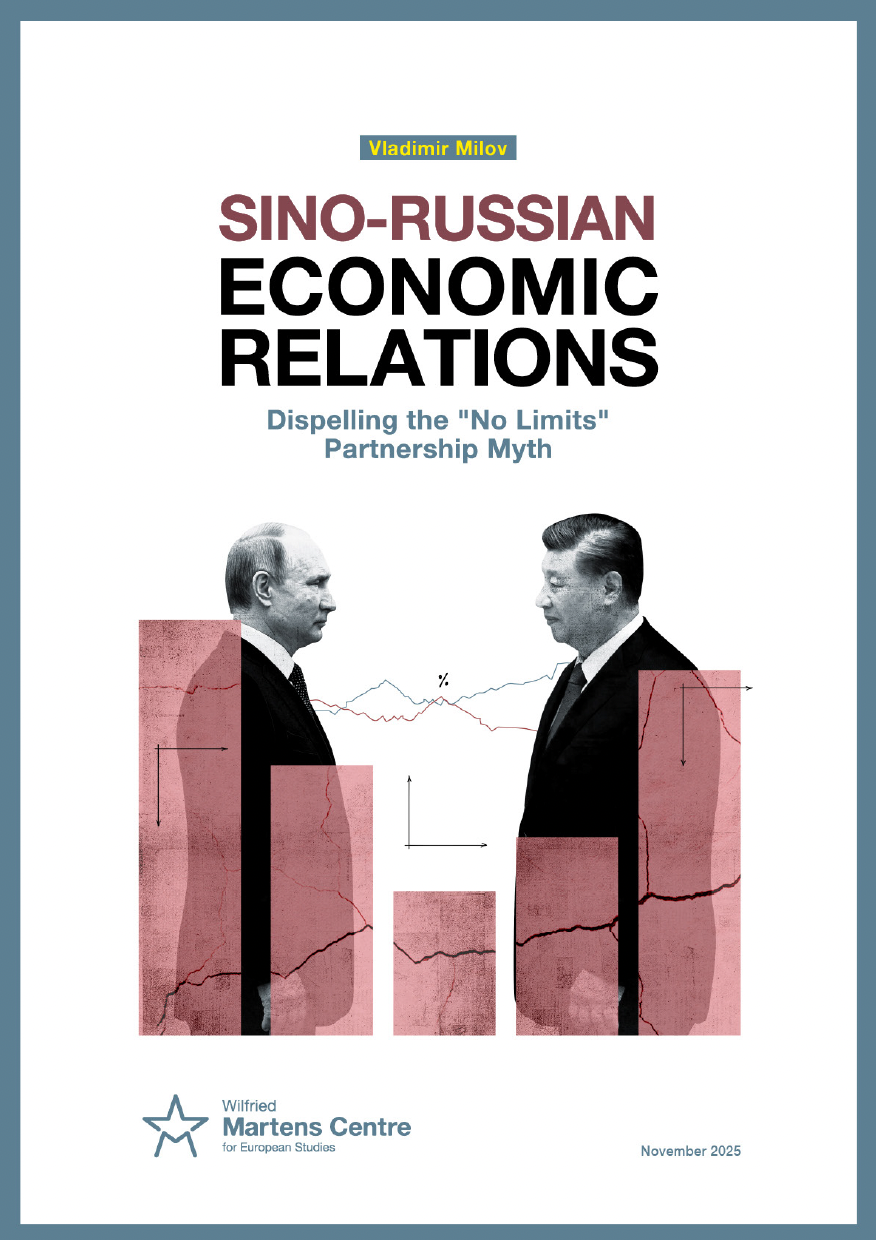
Other
Sino-Russian Economic Relations: Dispelling the “No Limits” Partnership Myth
-
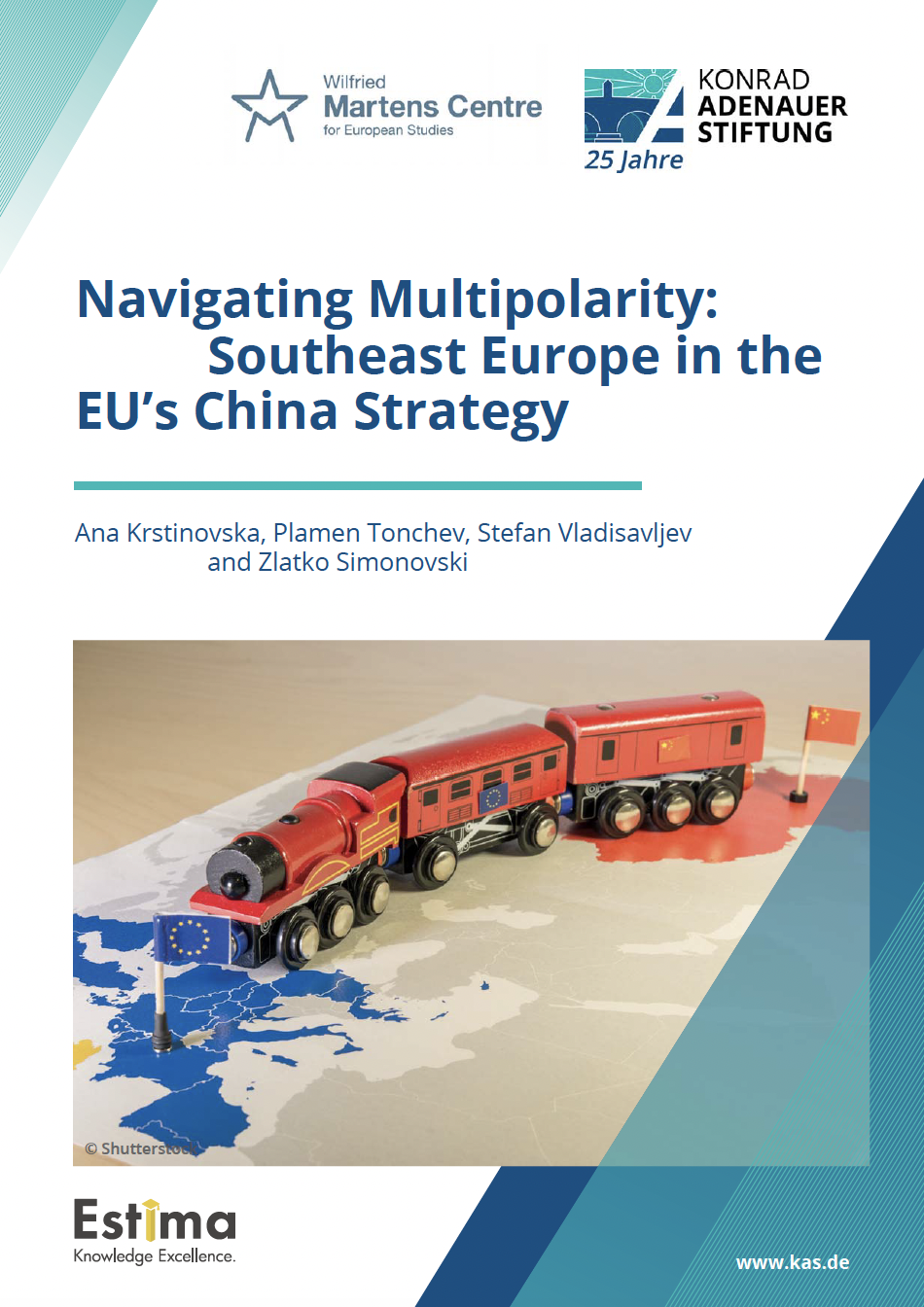
Collaborative
Navigating Multipolarity: Southeast Europe in the EU’s China Strategy
-
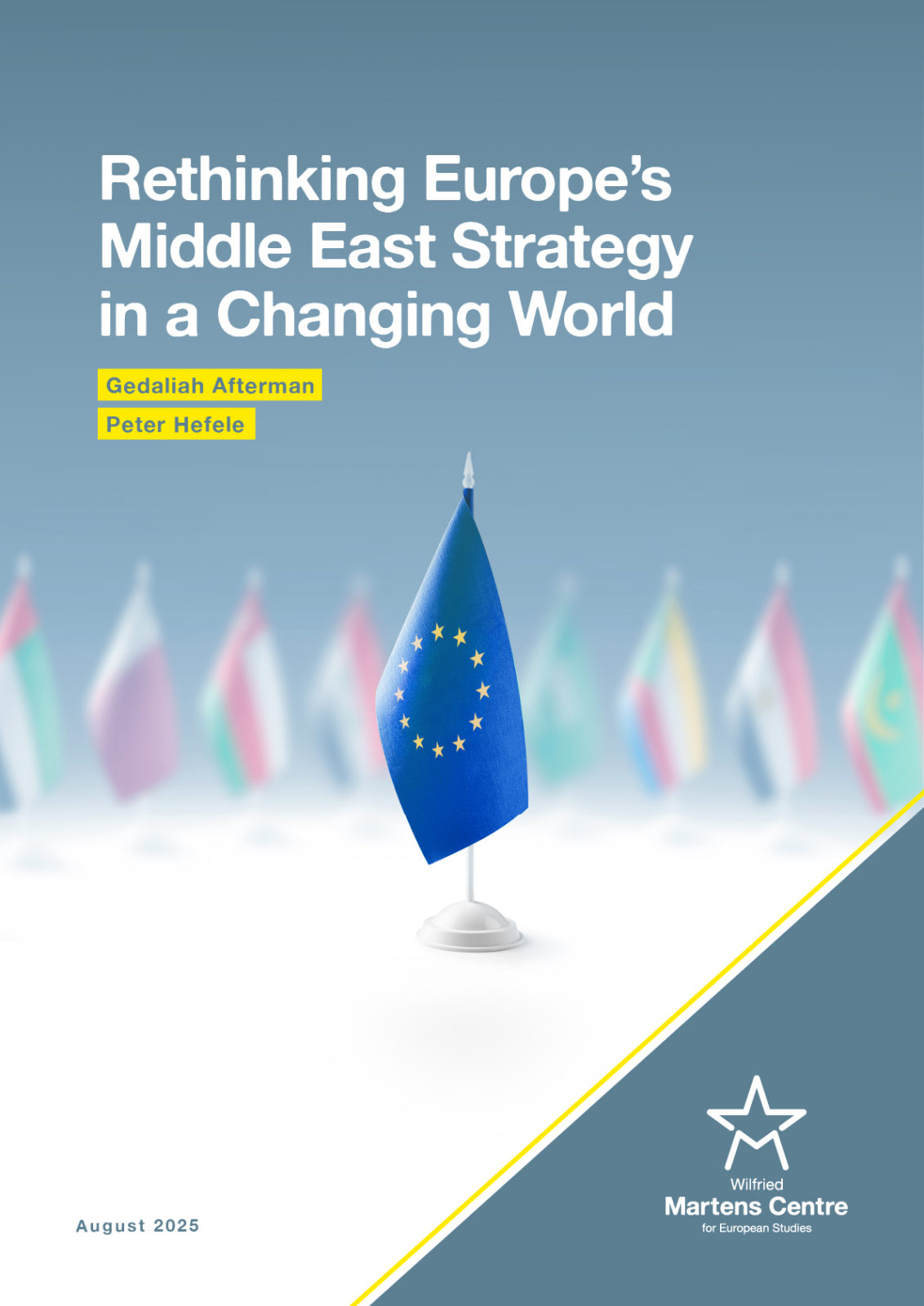
Other
Rethinking Europe’s Middle East Strategy in a Changing World
-
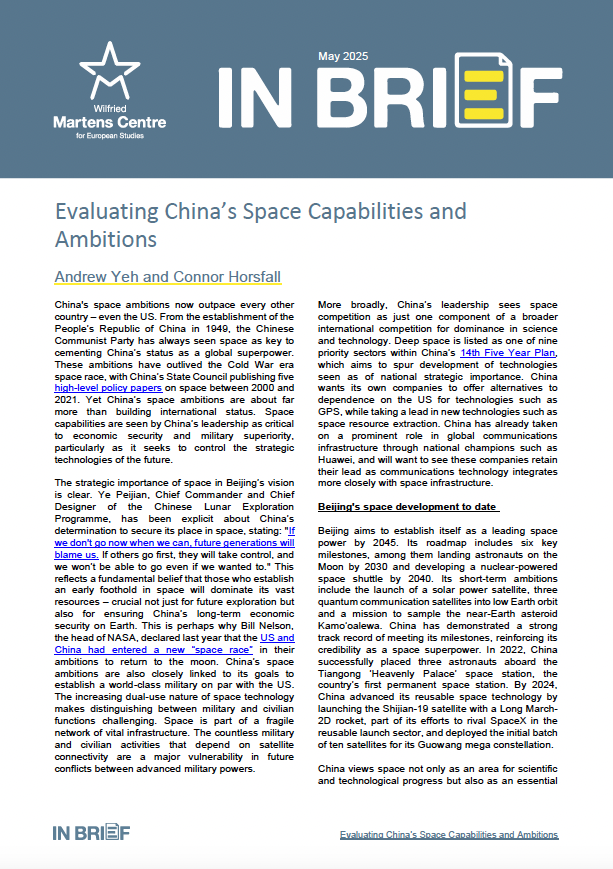
IN BRIEF
Evaluating China’s Space Capabilities and Ambitions
-
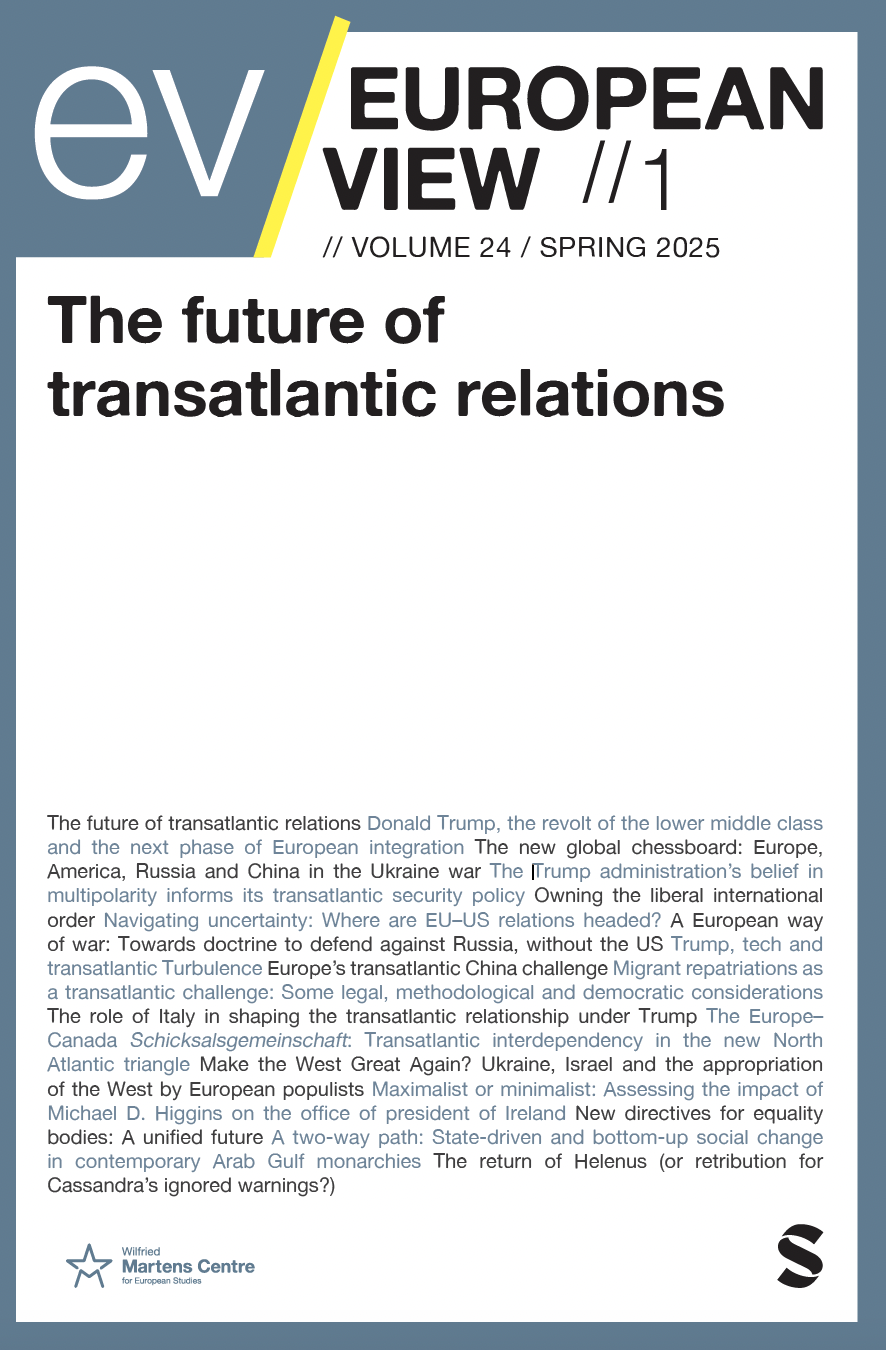
European View
The Future of Transatlantic Relations
-
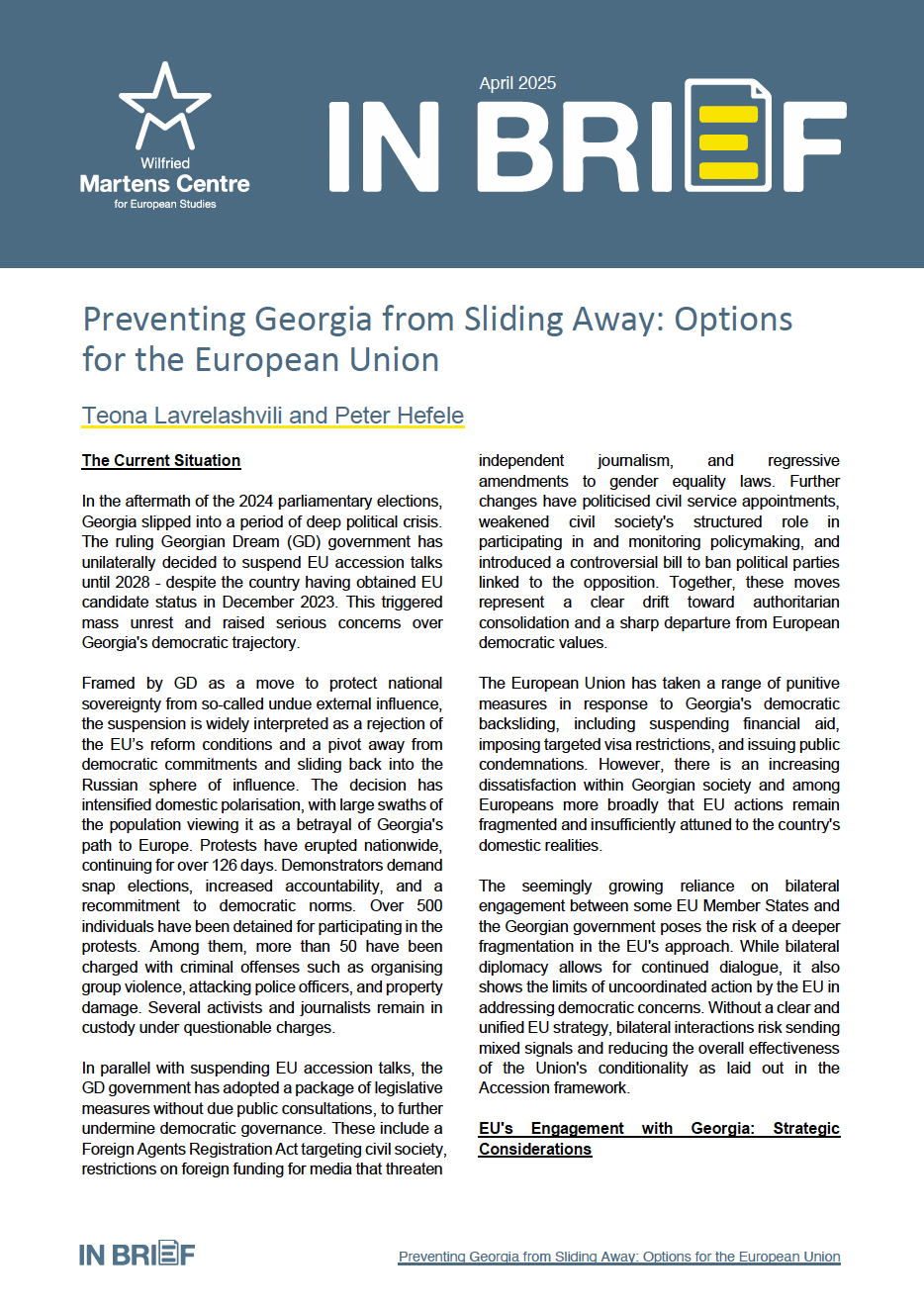
IN BRIEF
Preventing Georgia from Sliding Away: Options for the European Union


